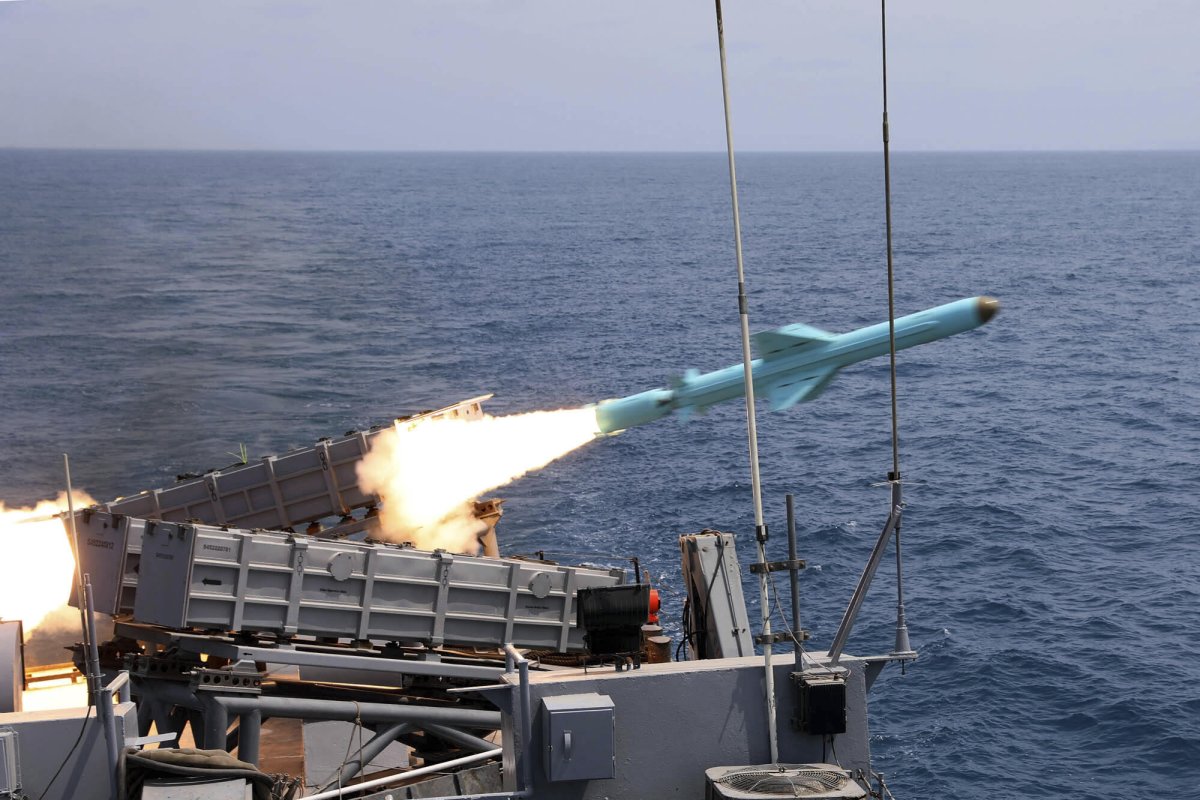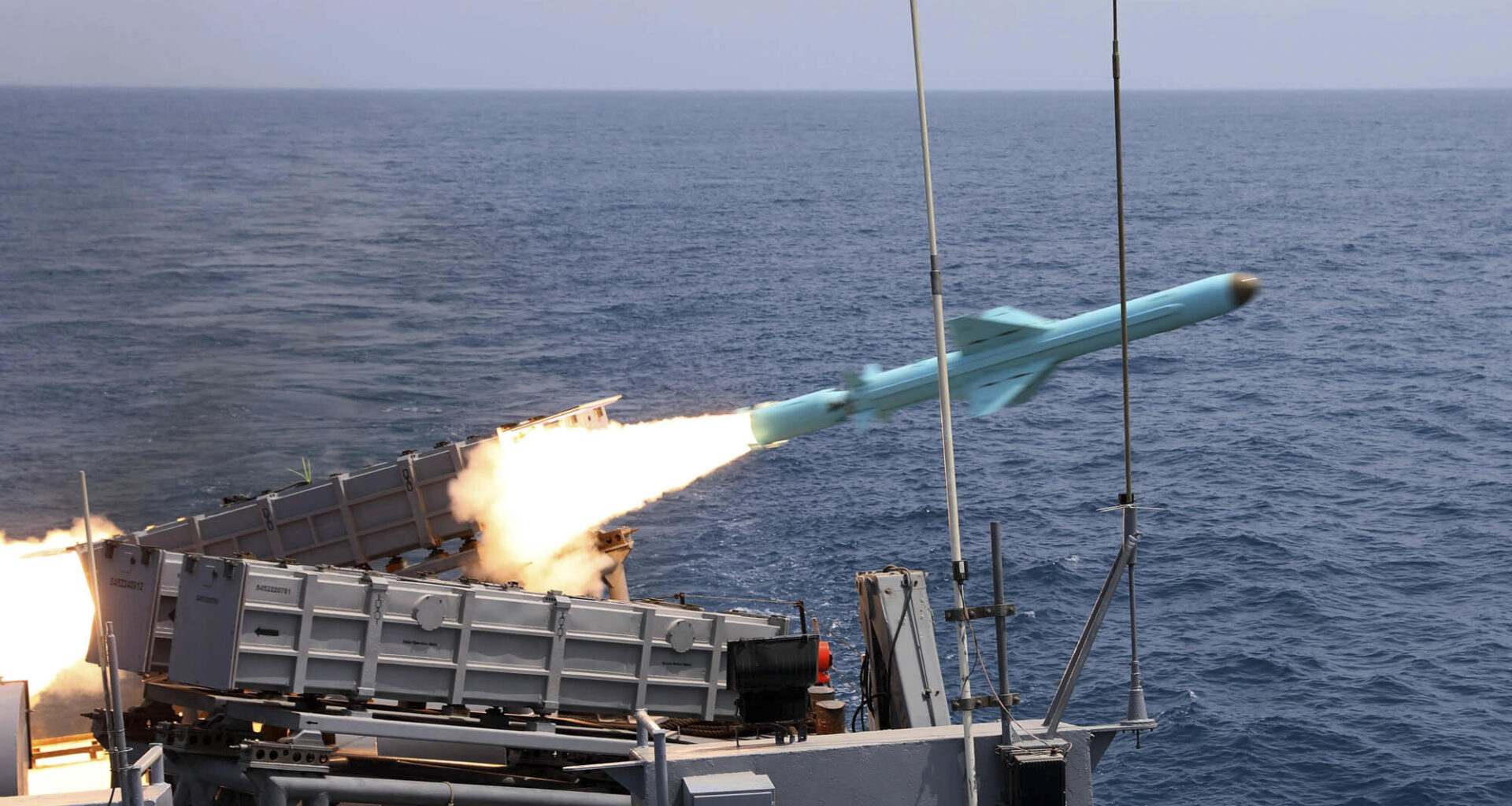The Foreign Ministry in Tehran on Wednesday dismissed criticism of its missiles program from U.S. Secretary of State Marco Rubio, who at a joint press conference with Israeli Prime Minister Benjamin Netanyahu earlier this week said a “nuclear Iran” posed a serious security risk.
Esmaeil Baqaei, Iran’s Foreign Ministry spokesperson, called the remarks “nonsense.”
Newsweek has reached out to the U.S. State Department and the Iranian Foreign Ministry for additional comments.
Why It Matters
The comments from both sides highlight rising tensions nearly three months after the U.S. bombed Iran’s nuclear facilities, following Israeli attacks that turned into a military conflict, in which Iran demonstrated its missile power—a major concern for the U.S. and its allies, in addition to Tehran’s proxy groups in the region.
Iran claims it does not seek nuclear weapons and has hardened its stance in talks with the U.S., European countries and the U.N.’s atomic watchdog. It has defended its nuclear and missile programs and vowed a “crushing response” to any new attacks by its enemies.

In this picture released by the official website of the Iranian Army on Thursday, Aug. 21, 2025, a missile is fired from a vessel during Iranian navy drill in the Gulf of Oman and the…
In this picture released by the official website of the Iranian Army on Thursday, Aug. 21, 2025, a missile is fired from a vessel during Iranian navy drill in the Gulf of Oman and the Indian Ocean.
More
Masoud Nazari Mehrabi/Iranian Army/AP
What To Know
Baqaei said Washington had no right to comment on its missiles program, which Rubio described as an “unacceptable risk.”
“Iran’s defensive capabilities are non-negotiable and not subject to U.S. approval,” he told a regular press conference.
Iran launched barrages of missiles against Israel and the U.S. military base in Qatar in retaliation for the attacks in June. In a new warning, a senior Iranian army official said Tehran was ready to broaden its military reach beyond conventional strikes if attacked.
Iran has also accused the U.S. of “hostile and criminal interference in Iran’s internal affairs,” according to the Iranian foreign ministry’s statement.
Also on Wednesday, Rubio described Iran as “the world’s leading state sponsor of terrorism,” in a statement designating Iran-aligned militia groups in Iraq as terrorist entities.
U.S.-Iran Nuclear Program Tensions
Iran’s ambassador to the International Atomic Energy Agency (IAEA), Reza Najafi, has accused the U.S. of exerting political pressure on countries to block support for Iran’s proposed resolution to the agency—supported by Russia and China—that prohibits attacks on peaceful nuclear facilities.
Iran and the IAEA reached a new understanding aimed at improving the implementation of safeguarding obligations, but Tehran has not allowed agency inspectors to resume monitoring activities, which were suspended after the conflict in June.
Before the Israeli and U.S. strikes, a dispute over uranium enrichment, which the IAEA says neared bomb-grade, had emerged during negotiations between the two sides. The conflict took place before a planned sixth round of nuclear talks.
What People Are Saying
Iran’s Foreign Ministry spokesperson Esmaeil Baqaei said Wednesday: “The United States is in no position to make decisions about Iran’s national defence capabilities. The Islamic Republic of Iran is determined to preserve its independence at any cost, stand on its own feet, and firmly resist the excessive demands, aggression, and acts of hostility by foreign powers—including the United States and the Zionist regime.”
U.S. Secretary of State Marco Rubio said on Monday: “And so a nuclear Iran governed by a radical Shia cleric that possesses not just nuclear weapons potentially but the missiles that could deliver those weapons far away is an unacceptable risk not just for Israel, not just for the United States, but for the world. That’s why…the President continues with our campaign of maximum pressure.”
What Happens Next
Progress by Iran with the IAEA and the E3—France, the U.K. and Germany—could determine how the U.S. responds in the coming weeks, especially as a U.N. snapback mechanism is set to automatically reimpose sanctions if no agreement is reached.
